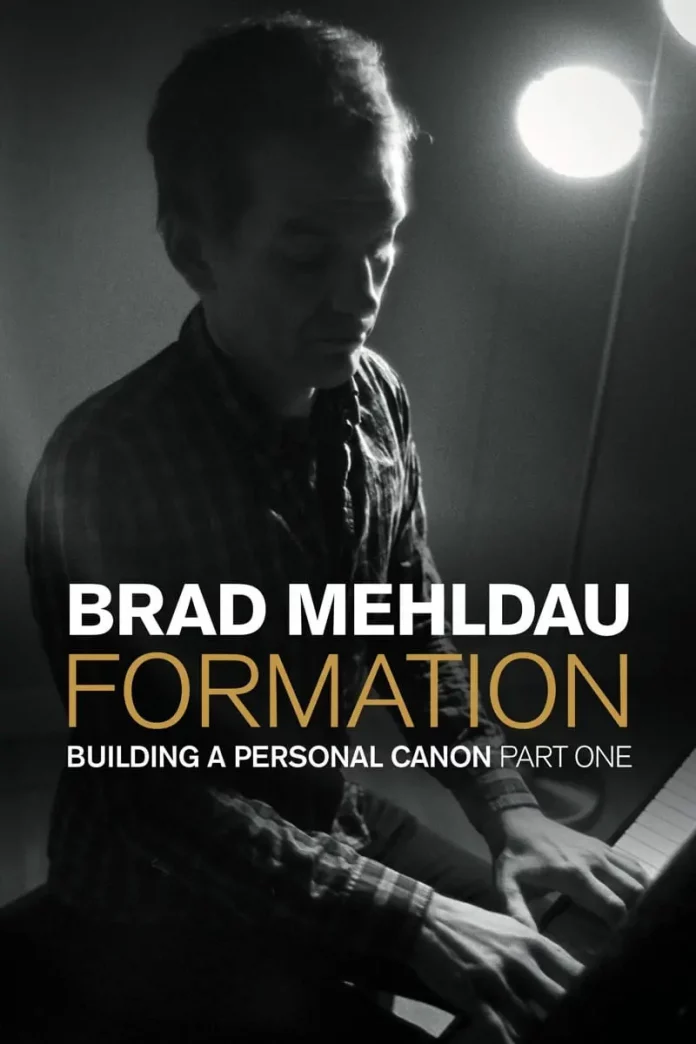The somewhat forbidding title of this book hides what is basically a biography by a jazz pianist about his musical life. Yet it deliberately makes use of the German bildungsroman genre of novels, which tell stories of how a young person grows into maturity. When that maturity is reached, the novel is finished. The German word bildung means formation, development or education, and here Mehldau relates the formative experiences that have shaped him as a pianist. He outlines his own musical canon of influences and inspirations; a second book currently underway will focus more directly on the jazz canon itself.
Mehldau is a highly intelligent and perceptive narrator – if a little too serious and self-absorbed at times – evoking his life as an outsider, as an adoptive child in New England with all the pressures of adolescent school life, playing in the school bands and getting into the popular music of Billy Joel, Pink Floyd and Rush, among many others.
He’s always relentlessly honest about himself, and fascinating in what he says about such varied musical topics as virtuosity, the criteria that define a great prog-rock song, the many varieties of youthful fandom, and of course the beautiful and transgressive jazz music that, after he first heard John Coltrane at summer music school aged 13, took him to music college in New York and then dominated his life.
So far, so good, for his detailed account of his studies and jam sessions in New York, the importance of Tin Pan Alley songs, his first trios and the chromaticism of Wayne Shorter, among many other jazz topics, is just perfect. Yet throughout, I kept the sense I have always had that Brad Mehldau is a prickly character, not entirely happy in his own skin. His music is wonderful, of course, his talent considerable, but the man appears to be ill at ease with himself.
At the outset, he states that as a musician “you have to be willing to let go of your own story about yourself completely, to drop the whole idea of who you thought you were”, yet this book is crammed with personal and sometimes painful stories, as if despite his best intentions, he hasn’t really let go of anything at all.
Perhaps it is that tension between the musical aims and the lived reality that explains the man, who freely admits here that his low-self-image, linked to early bullying and grooming, and doubts about his sexuality, led to a major heroin addiction as an adult on top of his love of alcohol.
And that is some background to deal with, but he always had the hope that there were musical, literary, philosophical answers that would help him move forward, so that he could honestly let go of his story and create a new identity. It is a brave person who attempts that, but the honesty and integrity he shows in writing this book suggests that he is getting there. Few jazz biographies are this personal, and this raw, but then few are so good.
Formation: Building A Personal Canon, Part 1 by Brad Mehldau. Equinox, 284 pp h/b [and eBook}, 19 b/w photographs, discography, £30. ISBN: 978-1-800-50313-7 [eBook: 978-1-800-50326-7]
















